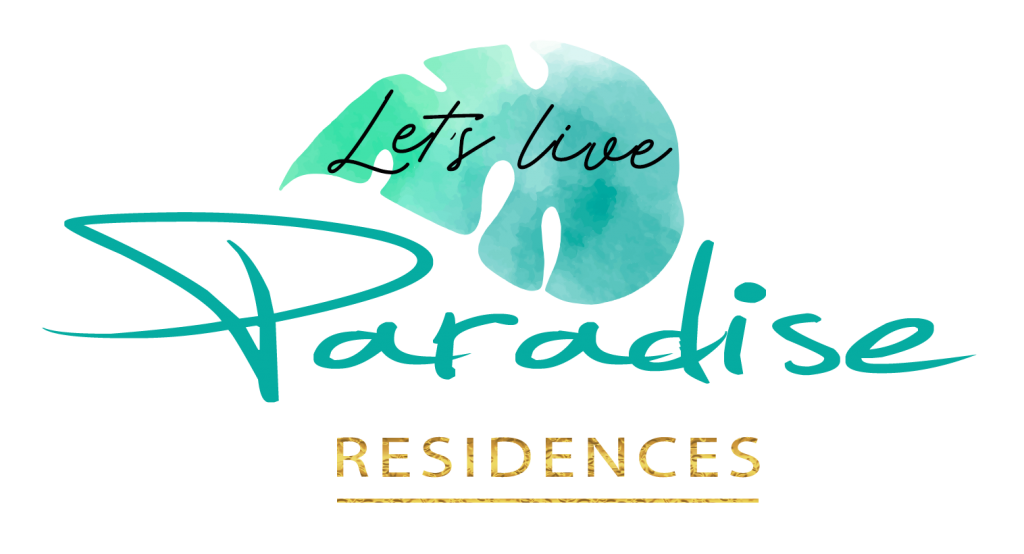Content
Basically, dopamine is involved in almost every area of your thought and reward system. So the healthier your brain is, the better it can use dopamine effectively and communicate messages between nerve cells and the rest of your body. That means you can go after your goals much more easily, without losing motivation. The National alcohol brain fog Institutes of Health (NIH) says that the vast majority of recovery occurs within the first year of abstinence, but continues for 5 to 7 years after. If you want to learn more about brain fog and how to manage it, here are plenty of helpful resources. There are many different types of healthy withdrawal programs available.
What happens after 3 days of no alcohol?
After Three Days: After three days, you will likely start to feel more like yourself. However, individuals who have been drinking heavily for long periods of time may still experience some symptoms of withdrawal and may even have hallucinations or delirium tremens (DTs) and seizures.
Caffeine can cause jitters, headaches, insomnia, upset stomach, and rapid heart rate, especially if you have a caffeine sensitivity. Because of this, the Food and Drug Administration recommends no more than 400 milligrams, or 4 to 5 cups, of coffee per day. Research from 2015 has shown that exercise may relieve chronic pain and fatigue. Treats like candy and chips can provide an immediate brain boost, but sticking to a balanced diet will help you perform more consistently throughout the day.
Can The Brain Recover From Alcohol Damage
Alcohol impairs GABA, a calming neurotransmitter that reduces anxiety and stress levels in the brain. Alcoholics have been shown to have lower levels of GABA receptors than those who are not alcoholics (R). Many alcoholics self-medicate their condition by using benzodiazepines as supplements for their lowered levels of GABA neurotransmitters. Some foods to eat before you take your first sip are asparagus, cauliflower, beef, eggs, avocado, bananas, seafood, pickles, and olives.
- Drinking alcohol can impact your brain function and neurochemistry, resulting in the dreaded brain fog.
- Practicing yoga or meditation during a hangover can help relieve anxiety symptoms as well as brain fog.
- Alcohol impairs GABA, a calming neurotransmitter that reduces anxiety and stress levels in the brain.
- Please call us to see if your HMO, PPO, or EPO insurance plan will cover your treatment.
- Our brains are wired to want a reward – and that wave of euphoria you feel when you take that first bite of your brownie or sip of wine is dopamine surging through you.
- Plus, we have such easy access to them, which is what makes them so addictive.
We all have days where we struggle to remember things and feel mentally drained. Even if you think you’re relaxed, your body may be physically tense (e.g., stiff neck, back or shoulder pain). This can be a result of stress from things like unfinished tasks or looming deadlines. If you’re ready to leave your addiction in the past, put your trust in our licensed and certified addiction therapists. We have more than 120 years of combined experience helping people just like you move past addiction.
Ways to Improve Your Dopamine Levels
Your experience should be similar, and you can always ask the staff at the treatment center if your challenges with thinking are normal. Mood disorders like anxiety and depression are the most common alcohol-related mental issues. Alcohol changes how your brain processes information, which can impact memory, moods, sleep https://ecosoberhouse.com/ patterns, appetite, and overall energy levels. It’s no surprise that those recovering from an AUD (Alcohol Use Disorder) experience alcohol-induced brain fog. While the causes of brain fog can vary from a lack of sleep to a stressful week at work, most experts suggest switching up your routine before seeking treatment.
What vitamin helps with brain fog?
Vitamin B2 and vitamin B7 help the nervous system, vitamin B3 and vitamin B6 are required to support neurotransmitters and cellular communication, and vitamin B9 eases mental fatigue. Taking a regular B complex supplement that includes all the necessary B vitamins can help to reduce symptoms of brain fog.
